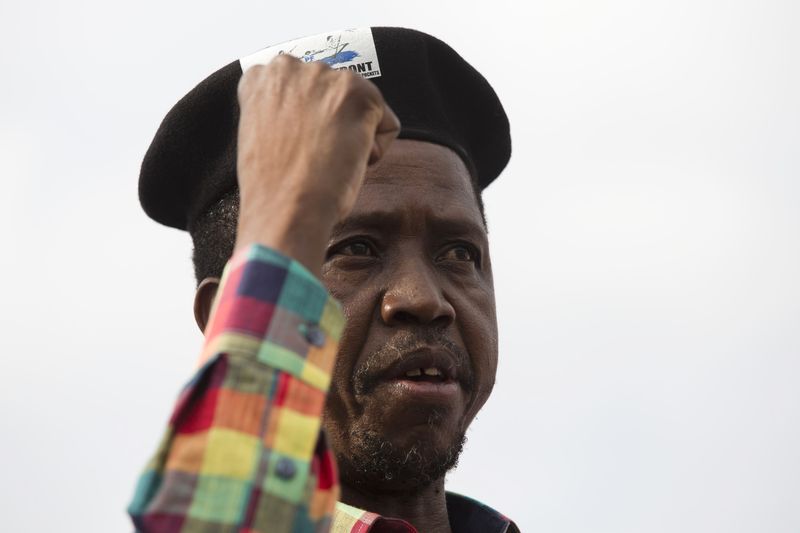LUSAKA (Reuters) - Zambia will maintain a new mineral royalty tax despite fears that it could lead to mine closures, President Edgar Lungu said on Sunday as he was inaugurated in the nation's capital.
Africa's second biggest copper producer hiked open pit mining royalties to 20 percent from 6 percent and underground royalties to 8 percent from 6 percent in its 2015 budget, a move mining companies have said could cost 12,000 jobs.
Mining, the spluttering motor of one of Africa's fastest-growing economies, accounts for 12 percent of gross domestic product and 10 percent of formal employment in the country.
Speaking after being sworn in at a colourful ceremony at the National Heroes Stadium, Lungu said his government's policies would remain consistent and predictable.
The introduction of a mineral royalty in place of a corporate profit-based tax as the final tax is meant to ensure that mines pay the right taxes, he said.
"The government's desire to ensure companies pay the right taxes will continue," he added.
Ruling party candidate Lungu secured a narrow victory in this week's presidential election, defeating his closest rival Hakainde Hichilema who said the election had been "stolen".
The ballot was triggered by the death last October of President Michael Sata. With another election scheduled for late next year when Sata's term had been due to end, Lungu will have little time to turn around a stuttering economy in one of Africa's most promising frontier markets.
Lungu said his government wanted to maintain an open dialogue with investors while providing for its citizens.
"We shall try as much as possible to balance your interests against those of our people," Lungu said, referring to investors in the southern African country.
The new government will support small-scale farmers and create jobs to fight poverty and social inequality whose levels are unacceptably high, he said, adding: "It unsettles me to see families go hungry when this is a wealthy nation."

The enactment of a new constitution is a top priority and Lungu immediately appointed prominent lawyer Ngosa Simbyakula as justice minister to oversee that process.